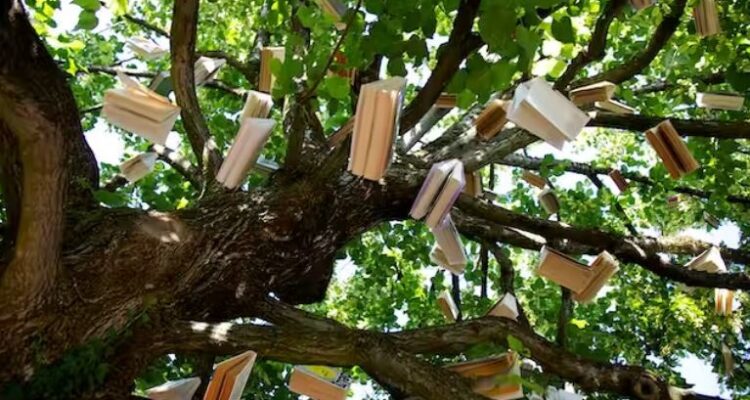The reactions to Australia’s decision to reverse the Morrison government’s recognition of West Jerusalem as Israel’s capital ranged from outrage to endorsement. They confirmed, once again, that the territories involved are intensely contested. They also showed that there is almost no position on the Israeli-Palestinian conflict that can be understood as genuinely neutral or beneficial for both sides. In the wake of the Second Palestinian Intifada, the conflict seems to have arrived at an impasse.
Might the literary genre of the Bildungsroman shed further light on the conflict?
Bildungsroman is a German word that translates as “novel of education”. The genre emphasises development and progress. It is associated with the maturation of a young or naive protagonist. Such protagonists are formed more by circumstance than academic instruction. They are “schooled by life”.
The focus of the genre, going back to Goethe’s foundational novel Wilhelm Meister’s Apprenticeship (1795), is on protagonists who leave the security and safety of their home. They physically leave, as Wilhelm does when he joins a wandering theatre company, but they also metaphorically leave by questioning the value systems they were brought up in.
In recent decades, however, many Bildungsromane have become interested in their protagonists’ relationship to the past. As the literary scholar Harriet Earle has observed, the genre is often less a tale of upward mobility than a dramatisation of a tension between the “autonomy of the individual and the shaping pressure of history”.
Read the article by Dr Ned Curthoys, School of Humanities, Discipline of English and Literary Studies at The University of Western Australia, and Dr Isabelle Hesse, Faculty of Arts and Social Sciences from The University of Sydney from The Conversation.

